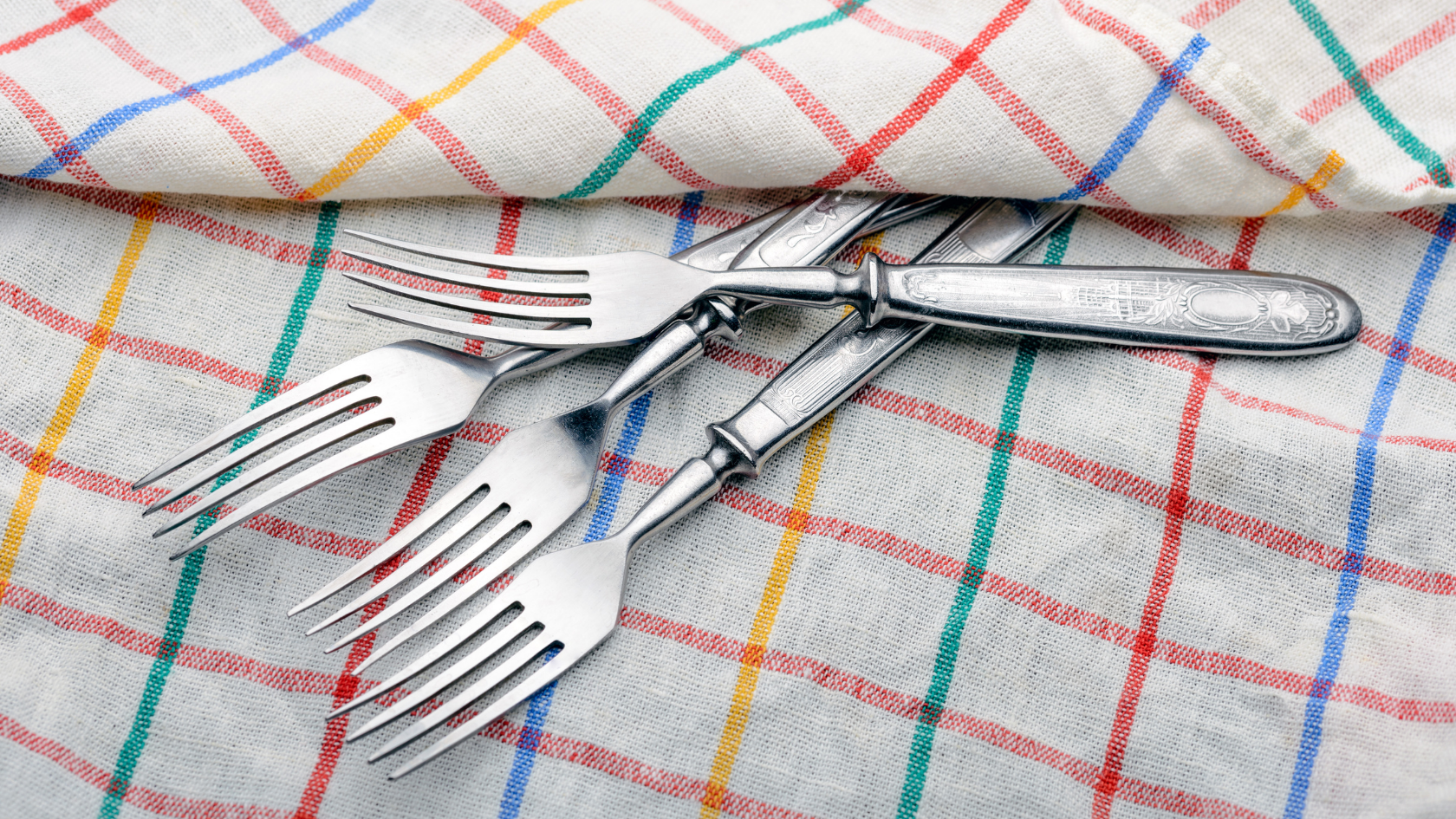Care Guide for Dishcloths: How To Wash and Store
March 1, 2023
Dishcloths are a kitchen essential for cleaning dishes, wiping countertops, and other household chores. However, with frequent use and exposure to food particles, grease, and other contaminants, dishcloths can quickly become dirty and stained if not cared for correctly. In this guide, we'll provide you with practical tips on how to wash and store your dishcloths, so they remain in good condition and provide you with effective cleaning, ensuring your kitchen remains hygienic and healthy. Whether you have a favorite microfiber dishcloth or a classic cotton one, this guide will help you keep it looking and feeling great.
WASH FREQUENCY
After every use
STORAGE METHOD
Fold
The Right Way To Wash Dishcloths
Dishcloths are essential kitchen items that require regular cleaning to maintain their cleanliness and effectiveness in removing food and other debris from dishes. Here are some guidelines on how to wash dishcloths:
Machine Washing Dishcloths
- Before washing, rinse the dishcloths thoroughly to remove any food debris or residue.
- Place the dishcloths in the washing machine and add a small amount of laundry detergent. Avoid using fabric softener as it can reduce the absorbency of the dishcloths.
- Select the hot water cycle as it can effectively remove any bacteria and germs that may be present on the dishcloths.
- Start the wash cycle and wait until it's finished.
- Remove the dishcloths from the washer and hang them to air dry. Avoid using the dryer as it can shrink or damage the fabric of the dishcloths and may reduce their absorbency. If you must use the dryer, use the lowest heat setting and remove the dishcloths promptly when they are dry.
If you prefer to hand wash your dishcloths, follow these steps:
- Fill a sink or basin with hot water and add a small amount of laundry detergent.
- Submerge the dishcloths in the water and gently scrub them with your hands.
- Rinse the dishcloths thoroughly under running water to remove all the soap.
- Gently squeeze out the excess water. Avoid twisting or wringing the dishcloths too hard as it can damage the fabric.
- Hung the dishcloths to air dry. Avoid using the dryer as it can shrink or damage the fabric of the dishcloths and may reduce their absorbency. If you must use the dryer, use the lowest heat setting and remove the dishcloths promptly when they are dry.
Dishcloths are not suitable for dry cleaning as the chemicals used in the process can be harmful to the fabric and may leave a residue that can be harmful to food. Always stick to washing the dishcloths in the washing machine or by hand to ensure their effectiveness in cleaning dishes.
How Often To Wash Dishcloths
Dishcloths are exposed to food, spills, and bacteria. Washing them after every use prevents odors and bacteria buildup.

The Right Way To Store Dishcloths
How to Fold Oven Mitts
- First, fold each mitt in half along its length.
- Then, fold the mitts in half again to create a smaller, compact shape.
Expert Advice for Maintaining The Quality Of Your Dishcloths
To keep dishcloths in top shape, there are several practical tips you can follow. First, it's essential to wash them after every use to prevent the buildup of bacteria and odors. When washing dishcloths, avoid using fabric softener as it can reduce their absorbency. It's recommended to wash them in hot water to effectively remove any bacteria and germs that may be present. It's also a good idea to wash dishcloths separately from heavy or abrasive materials, such as towels or jeans, to prevent damage to the fabric. Additionally, hanging dishcloths to air dry is the best way to avoid shrinkage or damage to the fabric. If you must use the dryer, use the lowest heat setting and remove them promptly when they are dry. Lastly, it's crucial to follow the care label instructions to ensure the longevity of the dishcloths. By following these tips, you can keep your dishcloths in top shape and effectively clean your dishes.
DISCLAIMER
Just a friendly reminder that this care guide for dishcloths only provides general advice. Your dishcloths may have specific care requirements based on its material, style, and manufacturer instructions, so always check the care label before washing or storing it. If you're unsure about anything, it's always best to consult a professional cleaner. Please note that the author of this guide is not responsible for any damages or losses resulting from the use or misuse of any information from this blog.
Want to share this?
